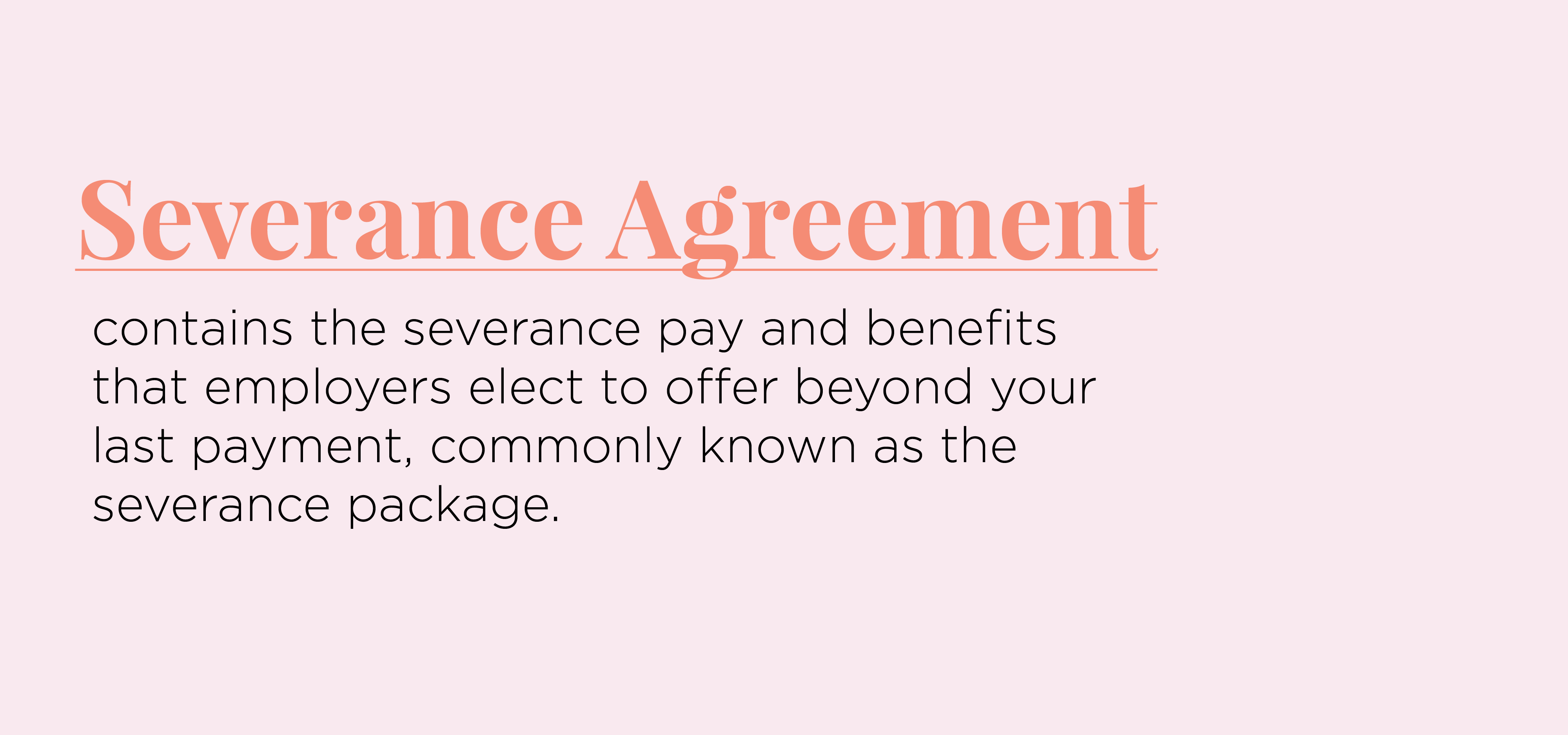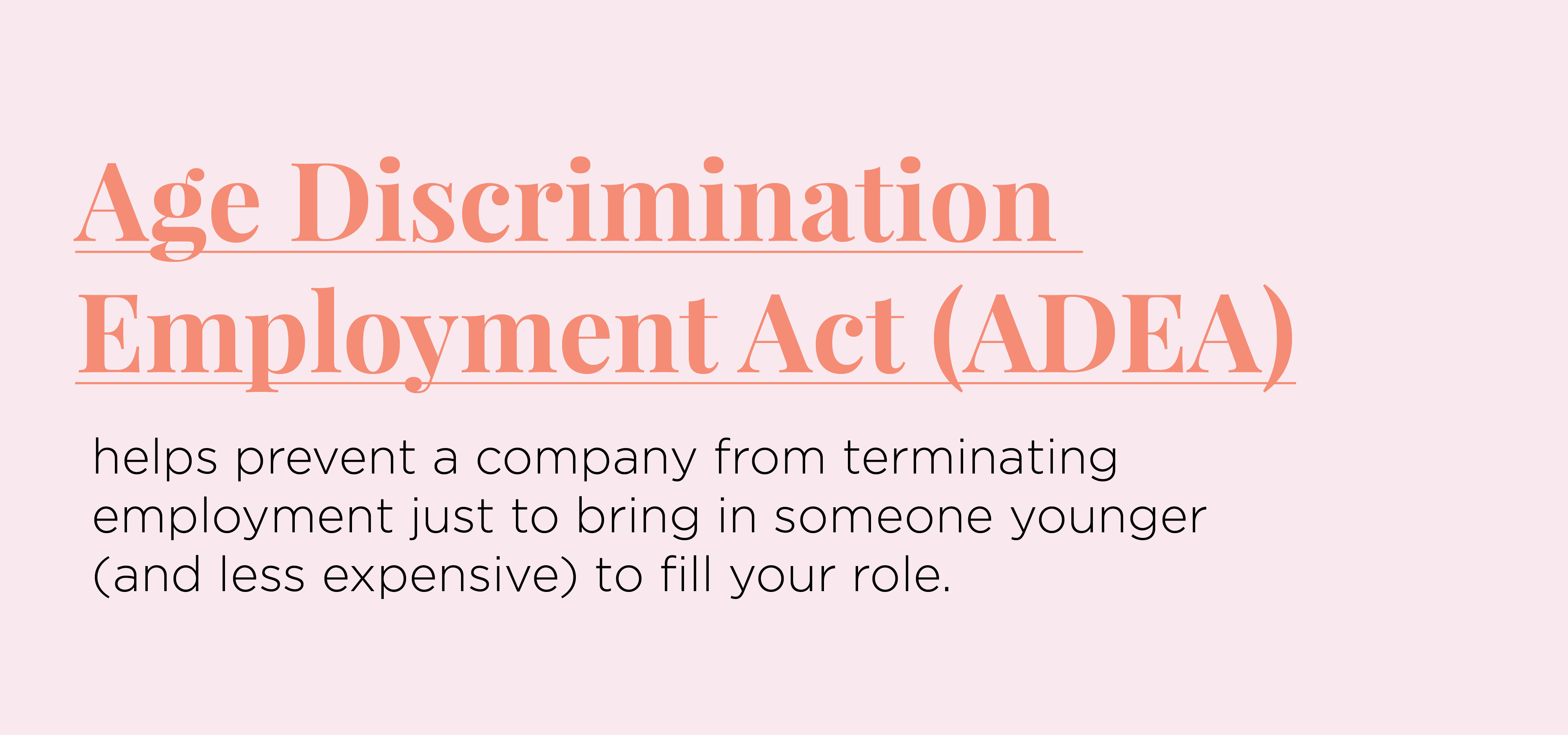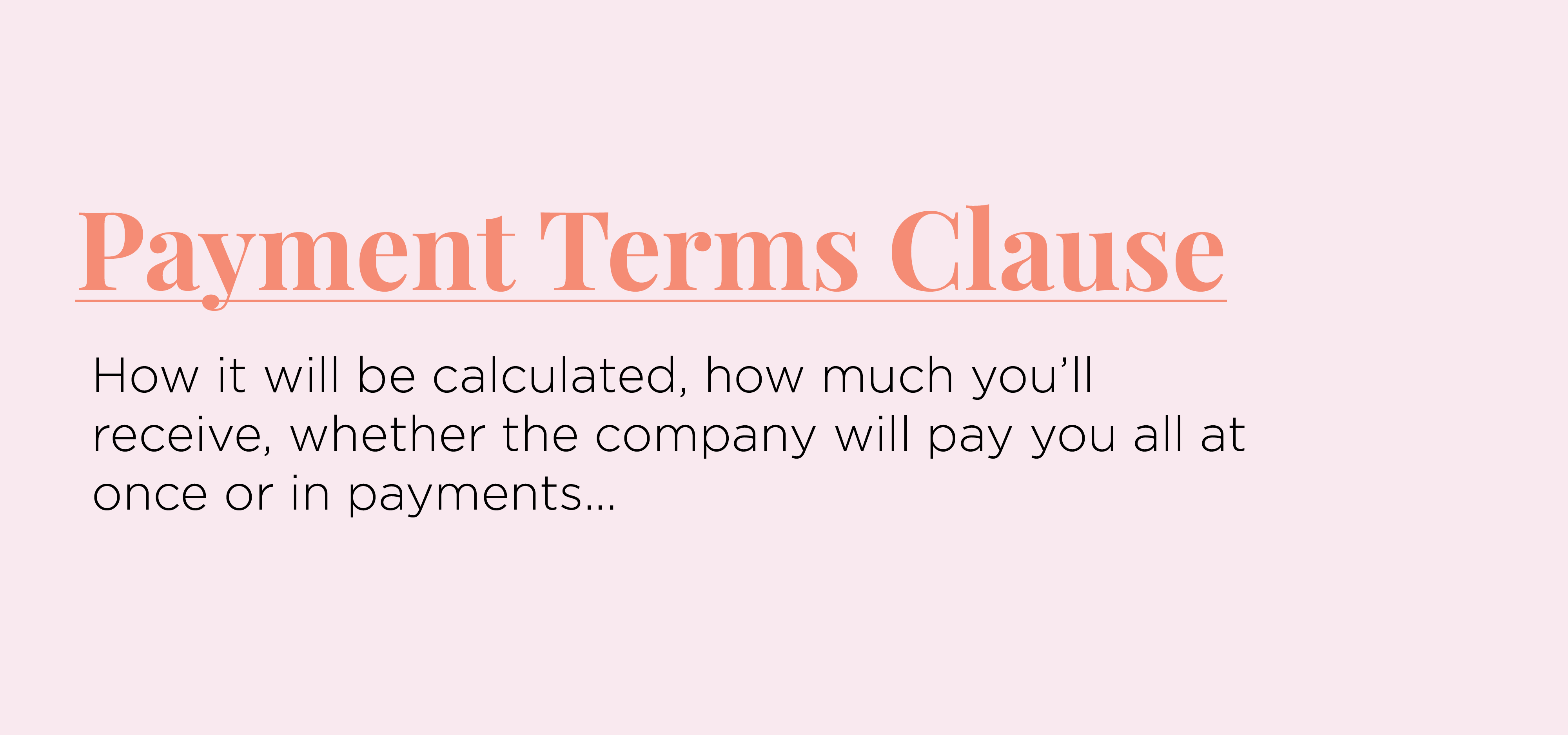You should probably bookmark this article. Because regardless of the state of your career right now, there may come a day where you—yes, you—need to
negotiate a severance package.
Still, most of us don't exactly spend our days thinking about what a severance package is—let alone what a
fair severance package is. We're focusing on getting our work done, making strategic moves toward
our next promotion,
manifesting a dream job, and probably most often, getting distracted by Instagram feeds.
But if/when the moment comes (don't get us wrong, we hope it doesn't!) when you realize you're
losing your job and your boss offers you a severance package, we want you to know what to do. Think of this like preparing for a flat tire on the freeway in advance. It will steer you clear of danger and ensure you leave your company with the support you need to launch a job search.
What Is a Severance Package?
When people say "severance package," they mean the same thing as a "severance agreement", which is maybe the more technical term. A severance agreement contains the severance pay and benefits that employers elect to offer beyond your last payment, commonly known as the severance package. Every severance package is different. It might include a lump sum payment, a period of continuous paychecks and benefits, or other forms of payment. Sometimes, you'll also get reimbursed for unused
sick days, vacation days, or any outstanding business expenses.
How Much Severance Should You Get?
Typically, companies determine severance offers based on the length of employment before the termination. So if you've worked at a company for eight years, it's likely you'd receive a bigger package than someone who's been there for two years. Some larger companies have standard policies in place (or they establish a policy while planning a large layoff)—something like two weeks' pay for every one year of employment. Still, let's be clear: there's no standard, which we'll get to next.
Are Companies Legally Obligated to Provide Severance?
Absolutely not. Sorry to be the bearer of bad news, but under the
Fair Labor Standards Act, there's no legal requirement for employers to offer severance packages. However, you do have
some protection in the form of the
W.A.R.N. Act, which obligates larger companies of 100 or more employees to give you at least 60 days' notice before a large-scale layoff or closure of the company. If the company fails to do that, then yes, they're required to give you severance pay.
A Note for People Over 40
People over age 40 are covered by the
Age Discrimination Employment Act (ADEA), which helps prevent a company from terminating employment just to bring in someone younger (and less expensive) to fill your role. It works like this: people over 40 have 21 days to consider the general release form and a 7-day period in which they can revoke the release. During this period, they can set about proving that age was (or wasn't) a factor in the company's decision.
And Another Note on Unions
If you're part of a professional union, you might have a collective bargaining agreement in place that ensures a severance package in the face of layoffs or termination. Most of the workforce is hired under at-will agreements, however. So if "I'm a union woman" doesn't sound like you, this probably doesn't apply.
So Then, Why Do Companies Offer Severance?
Especially if a company is laying off a group of people, offering severance packages is a way of showing gratitude for their service, but also, perhaps it offsets the plummetting company morale of those remaining on the team. But truthfully, most companies do this to save themselves—usually, if you're offered a severance package, you'll be asked to sign a confidentiality agreement. This is very important if the layoffs are due to something awkward, like financial instability, which the company doesn't want to get out to the public. Another situation: if you're a creative or hold a position of leadership, a severance package may include stipulations that you can't take your experience (and possibly clients) to a rival company.
What About Filing for Unemployment?
It's an either-or situation. If you take a severance package, in most states, you won't be able to file for unemployment. That said, there are exceptions to the rule, so you should speak to an employment lawyer to make sure you understand your rights.
What a Severance Package Usually IncludeS
- Payment terms: How it will be calculated, how much you'll receive, whether the company will pay you all at once or in payments.
- Health benefits: You've probably heard of COBRA before. A severance package will typically outline how long your employer will cover your health insurance after you've left, either via COBRA or another route. These terms should include specific a timeframe (e.g. your employer will continue your coverage until X date, at which point COBRA will kick in for X months).
- Payout of accrued sick or vacation days: If you're being reimbursed for these days, there should be a section on this.
- Return of property clause: You know, for that company-sponsored laptop, etc.
- Non-compete clause
- Confidentiality agreement: Again, the point of the severance package is largely to protect the company from you sharing negative details about the process
- Employers right's to modify the agreement: This is one of those "covering yourself" clauses that companies will often also include. It might also include a statement that if the company is acquired or sold, your severance package is canceled.
Of course, this is just a sampling and will depend on the company, your role, and the nature of the termination.
Are Severance Packages Taxed?
Yes. Sorry. And in most cases, that includes those accrued vacation days you get paid for.
When (And When Not) to Sign the Agreement
If You Feel You've Been Terminated Unfairly
You shouldn't sign a severance agreement until you've investigated the situation further and, most likely, consulted with a lawyer.
If Your Severance Package is Complicated/Intimidating
Likewise, especially for management or executive positions, it's important to fully understand the terms of your severance package—especially if there's a non-compete clause. Because it makes a big difference whether that clause says you can't work for a rival for one year or, you know, ever. If you're looking at a very complex severance package, it doesn't hurt to consult with an employment lawyer to make sure you're not missing any red flags that you might regret later.
If You Aren't Happy with the Terms
Yes, you can negotiate your severance package, and under certain circumstances, it might be the smartest decision you can make. More on that in a minute.
How to Negotiate a Severance Package
There are numerous elements you can ask for in a severance package—from additional payment to prolonged health benefits and fully-funded career coaching (i.e. outplacement services). Negotiating in this situation isn't much different than when you
negotiate a salary for a new job—it's all about finesse. We've covered
how to negotiate a severance package in detail in another article.














